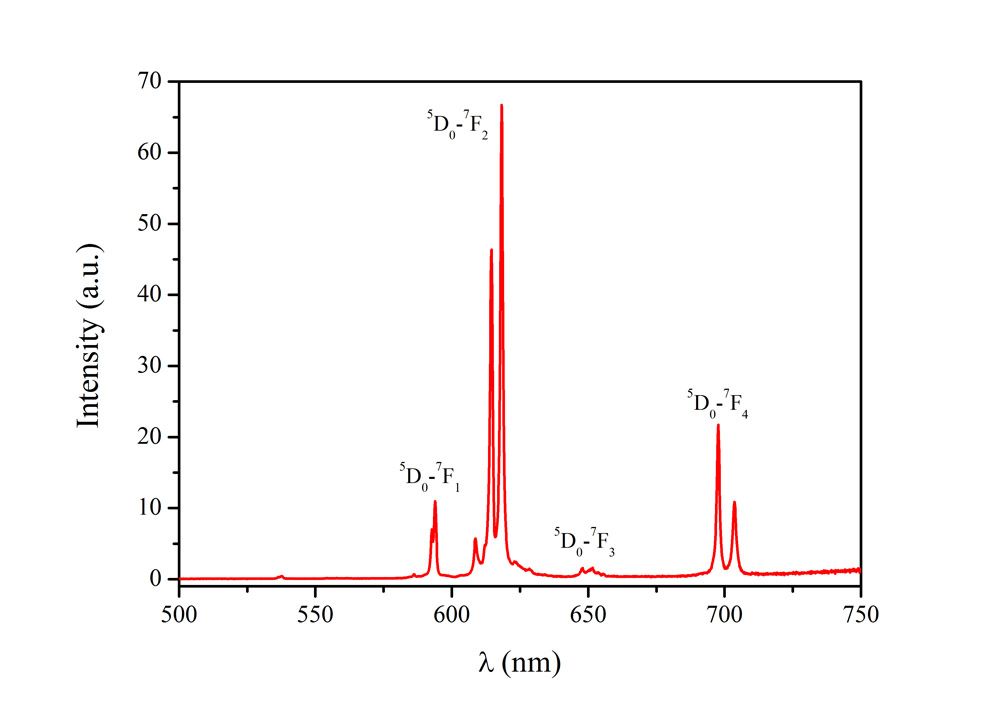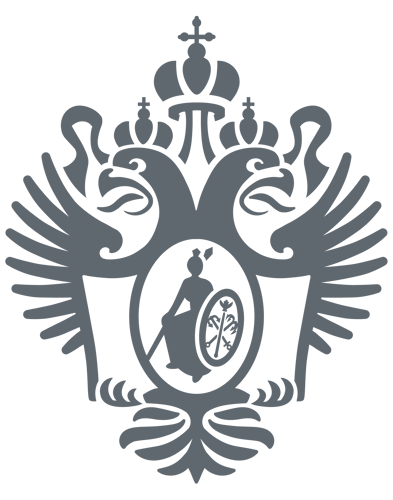Luminescence methods include studies using fluorescence and phosphorescence. Fluorescent measuring are the most widely used as methods for analysis and monitoring of chemical and biochemical reactions and kinetic studies for the fast reactions of electron-excited molecules.
Applications of luminescence spectroscopy for analytical purposes embrace identification of substances, detection of low concentrations of substances, control the changes of studied matter, determination the purity of compounds. Also luminescence studies are used to measure kinetics of conventional chemical reactions. The high sensitivity allows detecting the small degree of substances conversion and sometimes it is possible to establish the mechanism of chemical reaction.
Luminescent methods are used in biology, in particular for the study of protein structure by fluorescent probes and labels. Also they are successfully applied in the study of fast reactions of electronically excited molecules. Such reactions are accompanied by decreasing of fluorescence intensity due to fluorescence quenching. Quenching processes compete with the deactivation of the excited molecules by other mechanisms. Since the fluorescence decay time of about 10-8s, fluorescent methods are commonly used to study the kinetics of fast reactions of excited molecules that occur during a 10-7–10-10s.

Luminescence spectrum of YVO4:Eu 8 at.% nanopowder (λex = 300 nm)
Overviews and methods
Under construction
Equipment
Modular spectrofluorometerFluorolog-3
Fluorescence spectrometer Lumina
Contacts
The Leading Researcher in optical systems Alexandr Shimko
Specialist in spectrofluorimetry Ilya Kolesnikov
Specialist in spectroscopy and granulometry Anastasia Povolotckaia
Specialist in optical systems Alexandra Mikhaylova



